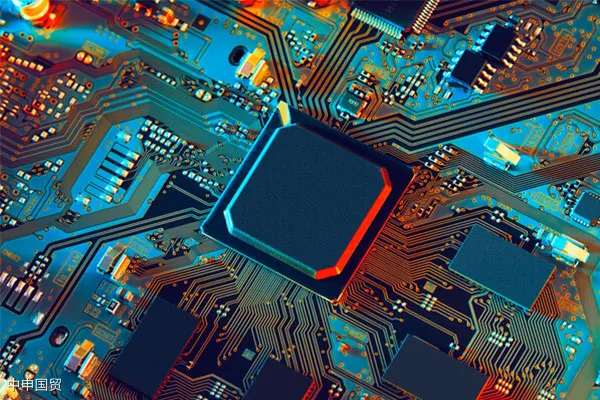- Shanghai Zhongshen International Trade Co., Ltd. - Two decades of trade agency expertise.
- Service Hotline: 139 1787 2118
Recently, the latest data released by the Ministry of Trade, Industry and Energy of South Korea and the Korea International Trade Association show that in the first half of 2024, South Koreas export value of memory chips to Taiwan region of China reached $4.26 billion, a significant year - on - year increase of 225.7%. This growth rate far exceeds the 88.7% increase in South Koreas overall memory chip export value, highlighting the increasingly important role of the Taiwan market in South Koreas memory chip export landscape.
The data shows that since 2018, Taiwan region of China has consistently ranked as South Koreas fifth - largest export destination for memory chips. However, in the first half of this year, the Taiwan market leaped to become South Koreas third - largest export destination for memory chips, demonstrating huge market potential and growing demand.

Industry experts analyze that this significant growth is mainly due to the booming development of the global artificial intelligence (AI) industry, especially the rapid growth of the high - bandwidth memory (HBM) market, which is a core component of AI accelerators. With the widespread application of AI technology in various industries, the demand for high - performance computing and big - data processing capabilities has surged, directly driving the market demand for advanced memory chips such as HBM.
As a global leading producer of memory chips, South Korea plays a key role in this wave of AI development. In particular, South Korean chip giants such as SK Hynix, leveraging their leading edge in HBM technology, have successfully seized market opportunities and significantly increased their export volume to Taiwan region.
It is worth noting that the export structure of South Koreas memory chips to Taiwan is undergoing significant changes. In the past, the memory chips exported by South Korea to Taiwan were mainly dynamic random - access memory (D - RAM), which was mainly used by local Taiwanese enterprises to produce information and communication technology (IT) products. However, a considerable part of this years export increase may be related to the HBM supplied by SK Hynix to NVIDIA.
This change reflects that the global semiconductor supply chain is being reshaped with the development of the AI industry. In this emerging supply chain, NVIDIA, as a global leading AI chip design company, entrusts TSMC to produce the graphics processing units (GPUs) required for AI accelerators. Subsequently, TSMCs packaging plants in Taiwan integrate and package these GPUs with HBM produced by SK Hynix and Micron Technology, and finally supply the finished products to NVIDIA. This cross - national cooperation model not only optimizes production efficiency but also promotes the rapid growth of South Koreas memory chip exports to Taiwan.
Looking to the future, the industry generally believes that the growth momentum of the global AI market is expected to continue, at least until the US - led restructuring of the AI chip supply chain is completed. Therefore, South Koreas exports of memory chips to Taiwan are expected to maintain a strong growth trend.
However, this rapid growth also brings some potential risks and challenges. First, over - reliance on a single market may increase the risk exposure of the South Korean chip industry. Second, as countries around the world increase their support for their domestic semiconductor industries, South Korean chip companies may face more intense international competition. In addition, geopolitical factors may also have an uncertain impact on the semiconductor supply chain.
To address these challenges, the South Korean government and enterprises are taking proactive measures. On the one hand, South Korea is increasing its R & D investment in advanced manufacturing processes and new memory technologies to maintain its technological lead. On the other hand, South Korean chip companies are also actively expanding into global markets to reduce their dependence on a single market.
Overall, the significant growth in South Koreas exports of memory chips to Taiwan not only reflects the booming development of the global AI industry but also highlights South Koreas important position in the global semiconductor supply chain. As AI technology continues to drive innovation and transformation in various industries, the South Korean memory chip industry is expected to continue to benefit. However, it also needs to be prepared in advance and actively respond to various potential challenges to ensure its long - term competitiveness in the global semiconductor market.
Related Recommendations
Contact Form
? 2025. All Rights Reserved. 滬ICP備2023007705號-2  PSB Record: Shanghai No.31011502009912
PSB Record: Shanghai No.31011502009912









